Mr. Nguyen Tien Thoa, former Director of the Price Management Department ( Ministry of Finance ), currently Chairman of the Vietnam Valuation Association, expressed his hope that the Ministry of Industry and Trade, through its inspection, will clearly identify the cause of the power shortage. VietNamNet had an interview with Mr. Thoa about the issue that is causing public outrage.
"A place with too much or too little is very painful"
- Public opinion is very upset about the power shortage and is demanding accountability. So, in your opinion, who is responsible for this power shortage?
Dr. Nguyen Tien Thoa: I want to get to the bottom of the question of who is responsible for the power shortage.
First of all, we must talk about electricity planning. There are problems in the planning, construction calculation and approval of plans, which are reflected in the fact that the forecast and calculation are not close to the needs and requirements, and the development potential to harmoniously produce different sources of electricity.
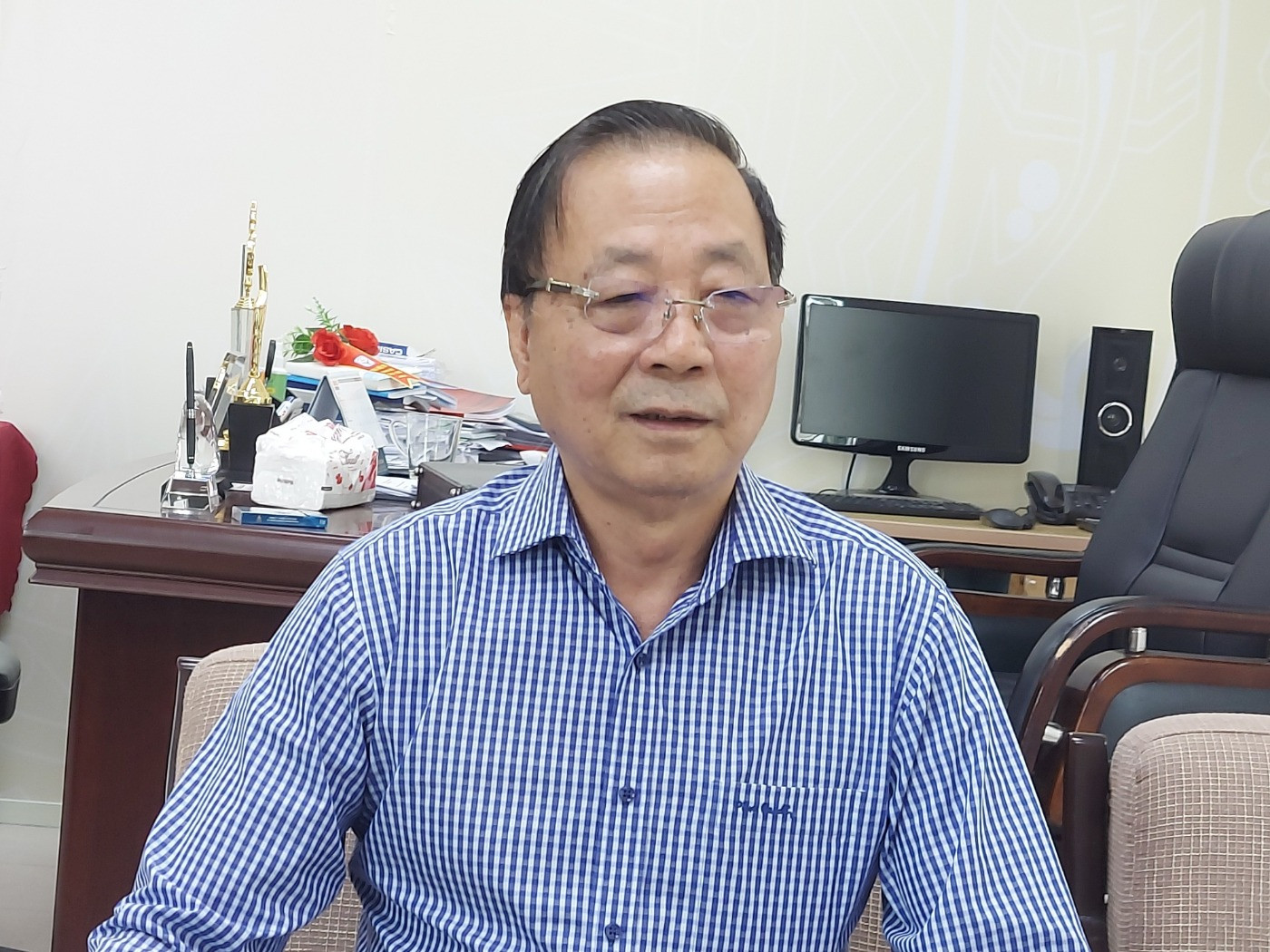
Many opinions assessed that the plan did not accurately balance the development of sources and transmission grids, especially renewable energy sources (RE) with the transmission grid. Everyone knows the potential for wind and solar power development in the Central region and the Mekong Delta, but the transmission grid is not capable of transmitting this amount of electricity to other places.
Thus, the calculation between production and on-site consumption is not properly mentioned, so the development of renewable energy puts more pressure on transmission, leading to a situation where there is a shortage of electricity in some places and a surplus in others. The fact that there is a surplus of electricity in some places and a shortage in others is very painful.
The time to build and put into operation a solar power project is only 6-8 months, while it takes 2-3 years to complete a 220kV transmission line, and 5 years for a 500kV line, which cannot be invested in time.
The implementation of the planning is also erratic. Renewable energy development is very hot, unevenly distributed and lacks control, leading to planning failure. Investing in renewable energy 20 times more than the planning clearly lacks control. So whose responsibility is it?
The Electricity Law stipulates that the Ministry of Industry and Trade coordinates with localities, but this coordination is not stable. There were times when localities boycotted coal-fired thermal power plants and wanted to bring in other power sources, but the Ministry and localities could not reach an agreement, causing the target of investing in new power sources to not be achieved. Thermal power projects of many enterprises are not guaranteed, including EVN, TKV, PVN and private projects.
So, the responsibility for this power shortage is not solely anyone's.
Why monopoly but loss?
- So what is EVN's responsibility in the power shortage, sir?
We must also appreciate that EVN is trying very hard to ensure electricity supply. The water level in hydroelectric reservoirs is dead, and if it does not rain, EVN cannot provide enough electricity. The progress of the planned factories cannot be operated, so how can there be enough electricity? These are issues beyond EVN's control.
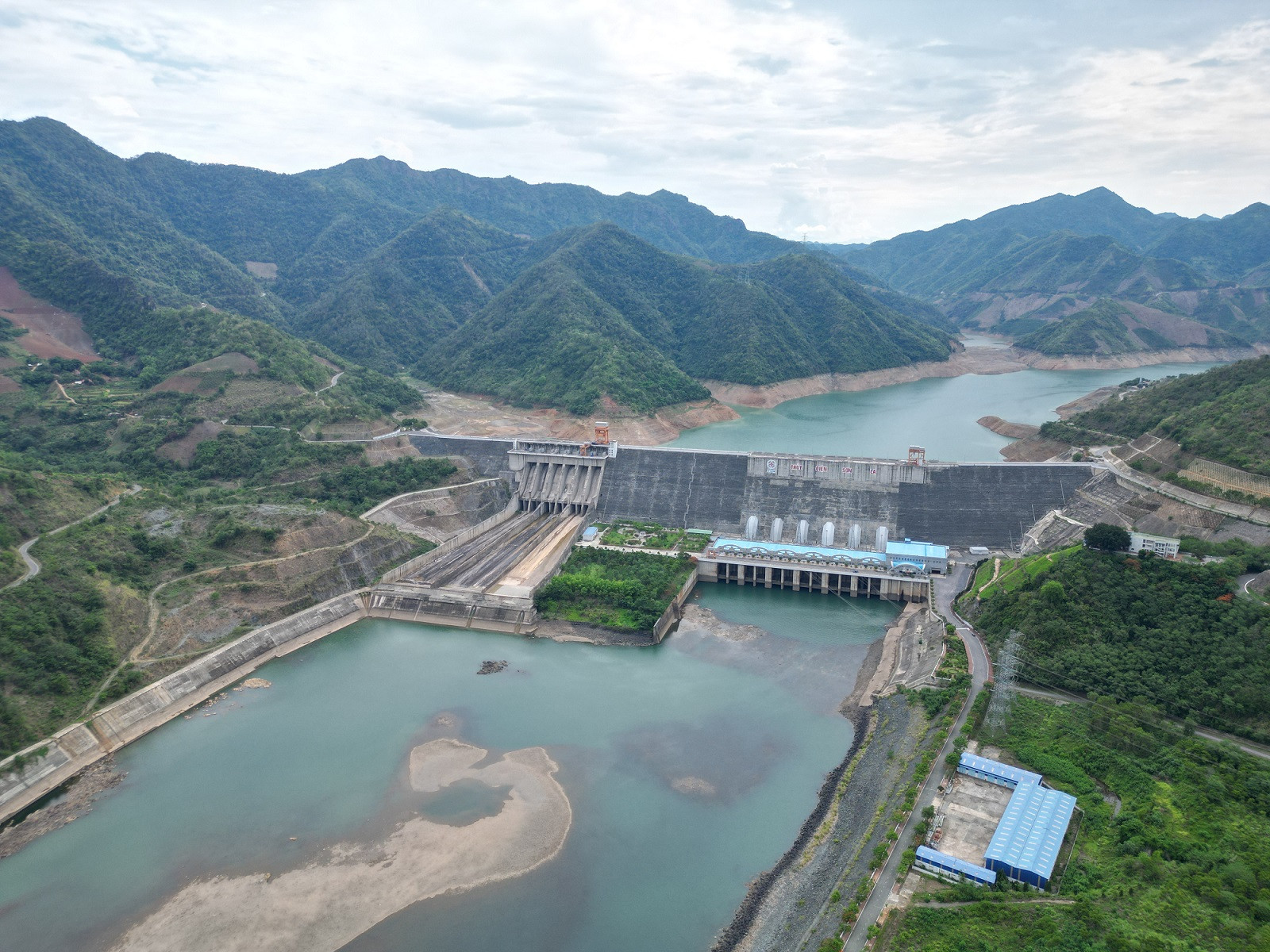
The installed capacity of EVN and its power generation units is only 29,901 MW, accounting for 38.4% of the total system capacity, the rest is purchased from other factories, so there is difficulty in supplying electricity. Especially when the input fuel price such as coal increases so much, while the selling price is not adjusted in time, EVN is losing money.
If EVN deliberately does not operate at full capacity, because of losses, they produce at a moderate rate, causing power shortages, and do not actively handle incidents, then it is EVN's responsibility. Putting all the blame on EVN is completely wrong.
I hear many opinions saying why EVN loses money while power generation companies make money. That is because EVN has to buy electricity from factories at market prices, of course there is a ceiling price, but the retail price is fixed by the State.
As for EVN member units having money in the bank, this is completely normal. Companies must have cash flow to pay debts and pay for purchases. I also have money in the bank to pay for living expenses. In financial accounting, it is regulated like that, it is not the interest that EVN deposits in the bank.
Such statements are incorrect and do not understand the problem.
The purchase price of many electricity sources is higher than the current retail price of VND 1,920.3732/kWh.
- So how will EVN's heavy losses affect this corporation's investment to ensure electricity supply in the future?
Who makes the electricity industry lose money? We have to solve this question. Many people say that EVN is a monopoly and still makes losses. I have explained it but many people deliberately do not understand. It is the same in any industry, buying high and selling low is a loss. EVN has to buy inputs for production, inputs according to the market, oil, coal, gas, etc. Output is stable, not allowed to increase. Of course, at that time, production costs are higher than selling prices. So losses are inevitable.
No one adds that loss to the price, EVN has to handle that cash flow itself. When I set the price, I only care about how much the cost is, what price level is guaranteed to cover production costs and make a profit, only then can I ensure cash flow for normal production.
Prime Minister's Decision 24 clearly stipulates that electricity prices can be adjusted once every 6 months if input costs change or fluctuate. If the increase is 3%, EVN will decide, and if it is 10% or more, the Prime Minister will decide.
The cost of electricity production and business in 2022 is 2,032.26 VND/kWh, an increase of 9.27% compared to 2021. But why doesn't EVN adjust it? It is within EVN's authority to adjust the price by 3%, but EVN doesn't dare to do it, so that is your responsibility. This is EVN's right, so why don't you adjust it? Why doesn't EVN do it or why is EVN not allowed to do it, you must explain clearly.
As for those objective factors, businesses are allowed to adjust. I am an expert, I have not seen the document that prohibits price increases, so I just assume that they do not increase prices. Actually, I understand that they do not dare to do it because they are afraid of many things and they have asked for it, not that they did not ask.
Must have enough electricity to hope for competitive price
- So do you expect the competitive retail electricity market, expected to operate in 2025, to resolve all these problems?
Of course. Now looking at the phenomenon, EVN is monopolizing the sale of electricity. According to the market form of monopoly sale, there will also be monopoly on price. That is the theoretical logic. But they do not know that this is a state monopoly, not a business monopoly. The state decides the price. Therefore, saying that EVN is a monopoly and therefore manipulates the price is incorrect because if they manipulated the price, they would have increased the price a long time ago.
The retail electricity market is competitive, meaning there are many sellers in the market. I buy from any supplier that has stable electricity, good service, and good promotions. In that market, I can choose the company with good prices. At that time, there will be no need for the current tiered electricity prices. Of course, there will be competition in both buying and selling, and the market will be better.
Thus, we must perfect the wholesale market, creating the premise for the retail market. The core is to have many suppliers for people to choose from. By 2025, it would be great to complete it, but in the immediate future, we should pilot allowing large customers to connect to the grid with a voltage of 110kV or higher to directly buy electricity on the electricity market.
- But without enough resources, it is difficult to have a retail electricity market, sir?
Of course, one of the prerequisites is to have enough resources, and in a competitive market, goods must be abundant. Otherwise, large enterprises will take over and become monopolies.
The Electricity Law must also be amended to clarify the mechanism for forming the electricity market. The current Law only speaks in general terms, which is not good. The management mechanism must also be reviewed to serve the competitive electricity market, from generation to retail.
- Businesses often say that the slow progress of power investment is due to procedures. Do you find this reason convincing?
The reason is exactly as they said: project investment procedures, contractor selection, site clearance or other administrative procedures. Therefore, the project implementation process does not ensure progress.
The procedures for investing in that project are up to the localities. Of course, there are also some policies and mechanisms at the central level, but there are procedures under the authority of the locality that are not resolved, such as site clearance and administrative procedures.
Therefore, when the Prime Minister signed the Power Plan VIII, the press asked, I answered two basic things. One is that localities must immediately review administrative procedures to handle them more simply. Two is to prepare all conditions regarding human resources, land, site clearance, and access to capital sources to be able to implement power source projects. Otherwise, it is uncertain whether any projects will be implemented in 2-3 years.
So what is the reason for the power shortage? One is due to planning, two is due to planning implementation. Based on the construction process, planning implementation will be clear who is responsible.
- The 8th power plan has been issued, but we cannot invest in resources overnight. So, is there a possibility of power shortage in a few years, sir?
The VIII Power Plan is going well so far. Many of the goals set out in the VIII Plan have been resolved, especially the harmonious development of power sources, avoiding power shortages, and achieving net zero.
What is important is how to guide the implementation of the plan, the mechanism that needs to be handled to implement it. This is what previous power plans have encountered.
Filling the power gap cannot be done immediately. Therefore, we cannot expect that there will be enough power immediately after having a plan. Even for baseload power, will the projects behind schedule and the projects in Plan VIII be completed in 2-3 years? Can the transmission line be built immediately? What are the procedures for "self-produced and self-consumed" rooftop solar power?
These are issues that need to be addressed soon, otherwise there is still a risk of power shortages.
Thank you!
Source




![[Photo] General Secretary To Lam receives Australian Ambassador to Vietnam Gillian Bird](https://vphoto.vietnam.vn/thumb/1200x675/vietnam/resource/IMAGE/2025/6/26/ce86495a92b4465181604bfb79f257de)
![[Photo] Candidates take the first graduation exam with the new Literature topic](https://vphoto.vietnam.vn/thumb/1200x675/vietnam/resource/IMAGE/2025/6/26/dfded9e317554c25a3e26defe672ebb7)
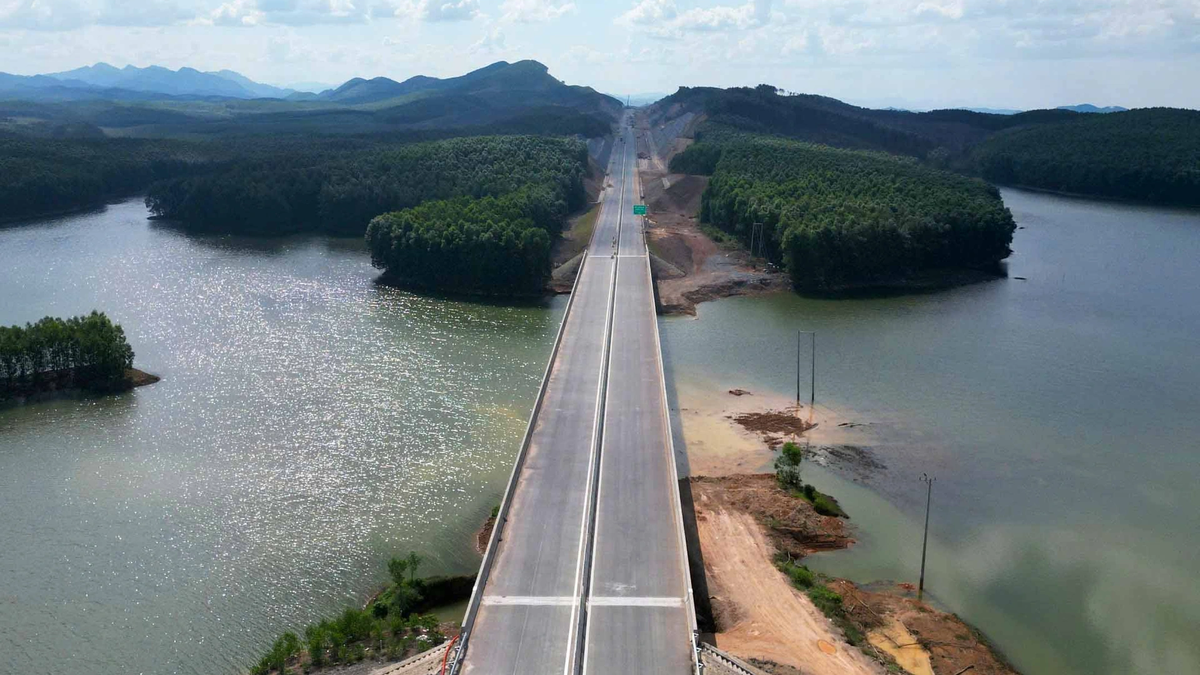

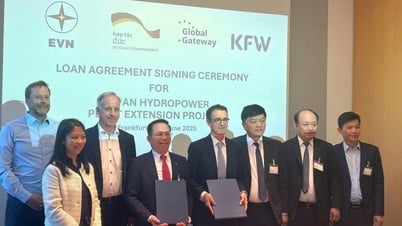












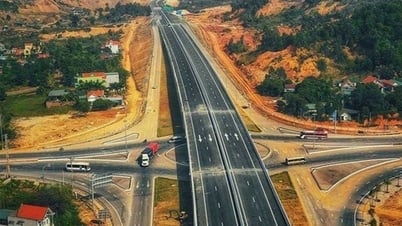

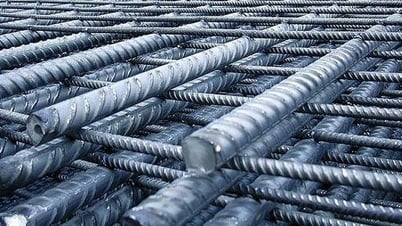

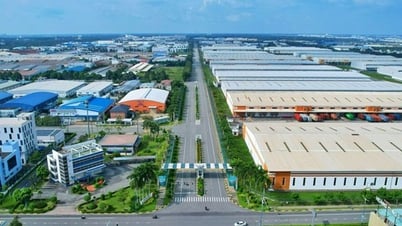
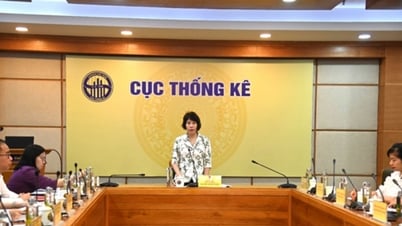







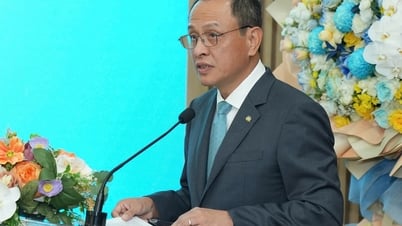









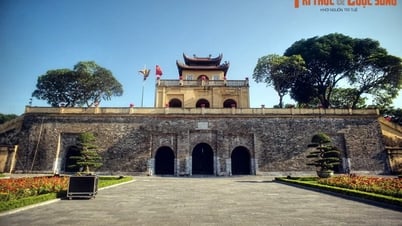

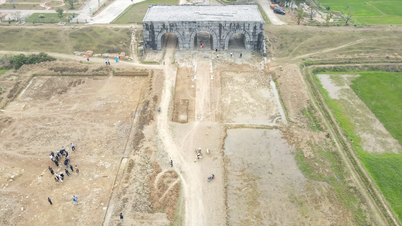


















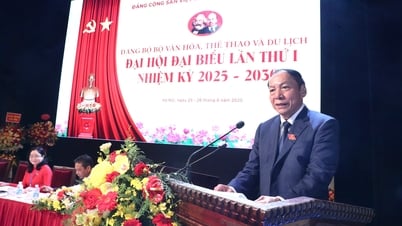


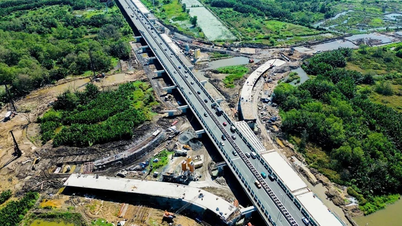






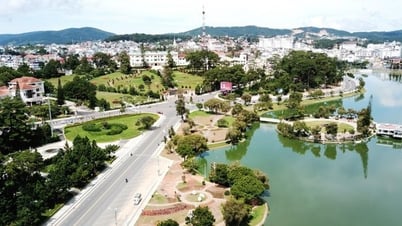













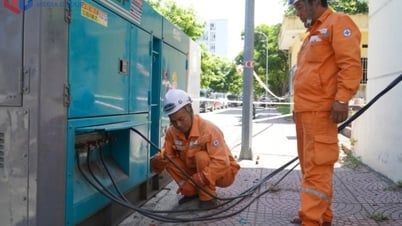

















Comment (0)